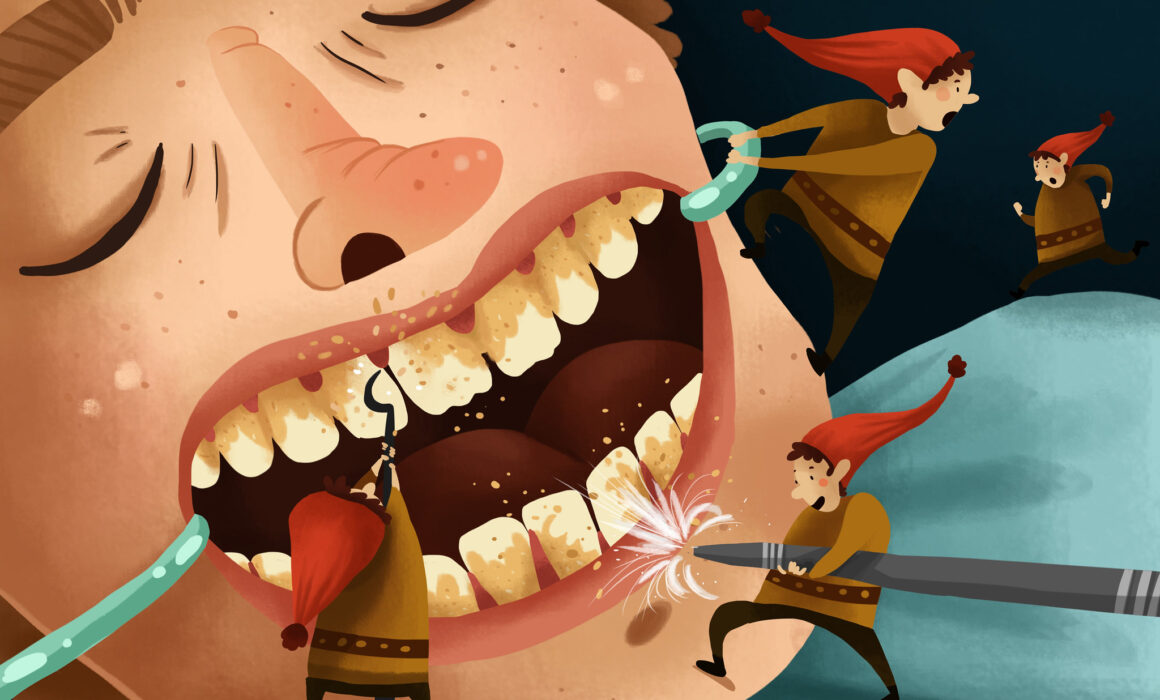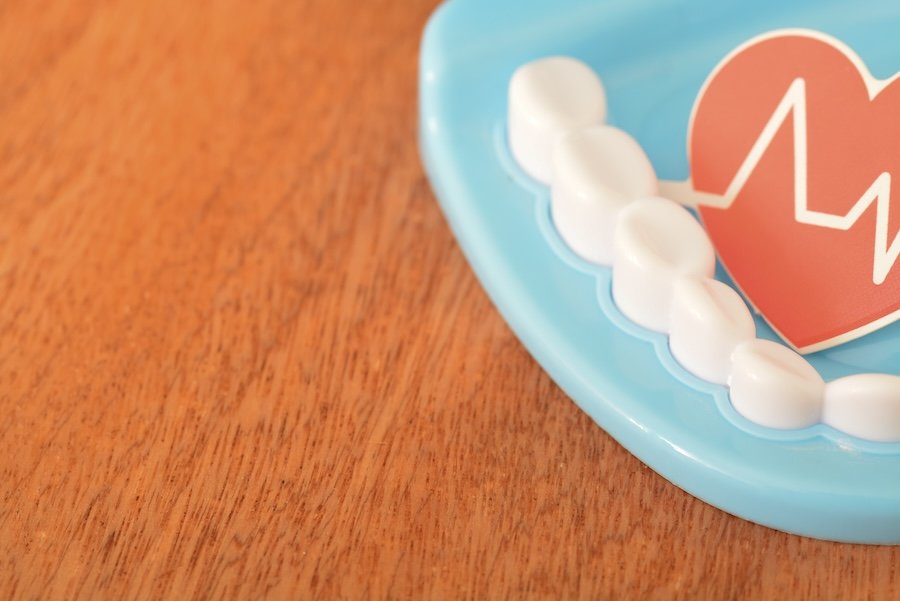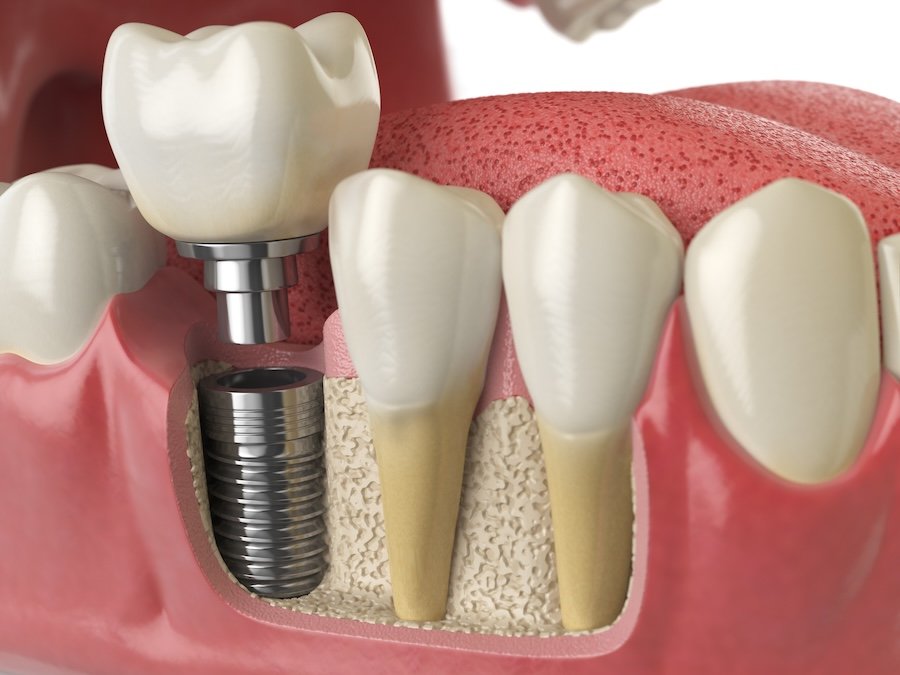Important Care Tips After Your Dental Restoration
Getting a dental restoration—whether it’s a crown, filling, veneer, or implant—can feel like hitting the reset button on your smile. You’ve made an investment in your oral health, and now it’s time to protect it. Fortunately, most restorations don’t require anything complicated to stay in great shape. But there are a few key habits that make a real difference over time.
Be Gentle Right After the Appointment
If your mouth feels numb, wait until the feeling comes back before eating. Biting your cheek or tongue is easier than you might think. Once the numbness wears off, stick to soft foods for the first day or two—especially if you’ve had a larger procedure.
A little sensitivity to cold, heat, or pressure is normal for a few days. That should fade on its own. But if it sticks around or gets worse, Dr. Rita Kengskool can check to see if something needs adjusting.
Keep Your Oral Hygiene Strong
Even a flawless restoration won’t stay that way without good hygiene. Brushing twice a day and flossing daily keeps bacteria from collecting around the restoration. Pay special attention to the gumline—plaque here can sneak in where toothbrushes don’t always reach.
If you’ve received a bridge or implant, Dr. Kengskool or one of the hygienists can walk you through how to clean around it using floss threaders or tiny interdental brushes. It’s quick once you get the hang of it.
Mind What You Chew
Hard candies, popcorn kernels, and ice can chip or crack your restoration. Use your back teeth to chew, and never use your teeth to open packages or bottles. These habits might seem harmless, but they can quickly damage dental work. Even switching up small habits can help your restoration last longer. If you tend to clench or grind your teeth, wearing a nightguard can also protect your restoration while you sleep.
Don’t Skip Checkups With Dr. Kengskool
Dr. Kengskool needs to monitor how your restoration is holding up at each visit. During regular checkups at Serenity Dental Studio, she checks the margins, looks for signs of wear, and makes sure your bite still feels right.
If your bite feels off or something doesn’t seem right, don’t wait it out. A quick adjustment can make a big difference. Even small shifts in how your teeth come together can affect how a crown or filling wears over time. Catching those changes early can save you from more work down the line.
Professional cleanings also help clear out buildup in spots your toothbrush may miss—especially around crowns or implants. It’s one of the easiest ways to keep your restoration and natural teeth healthy together.
Restorative Dentistry at Serenity Dental Studio in Frisco, TX
At Serenity Dental Studio in Frisco, TX, Dr. Rita Kengskool offers personalized follow-up care after every dental restoration. She’ll help you understand what to expect and how to protect your smile at home.
Need a touch-up or have questions about your new restoration? Schedule a visit—we’re here to help your smile last.









